How the war impacted Lebanon’s food supply chain and how to fix it


How the war impacted Lebanon’s food supply chain and how to fix it
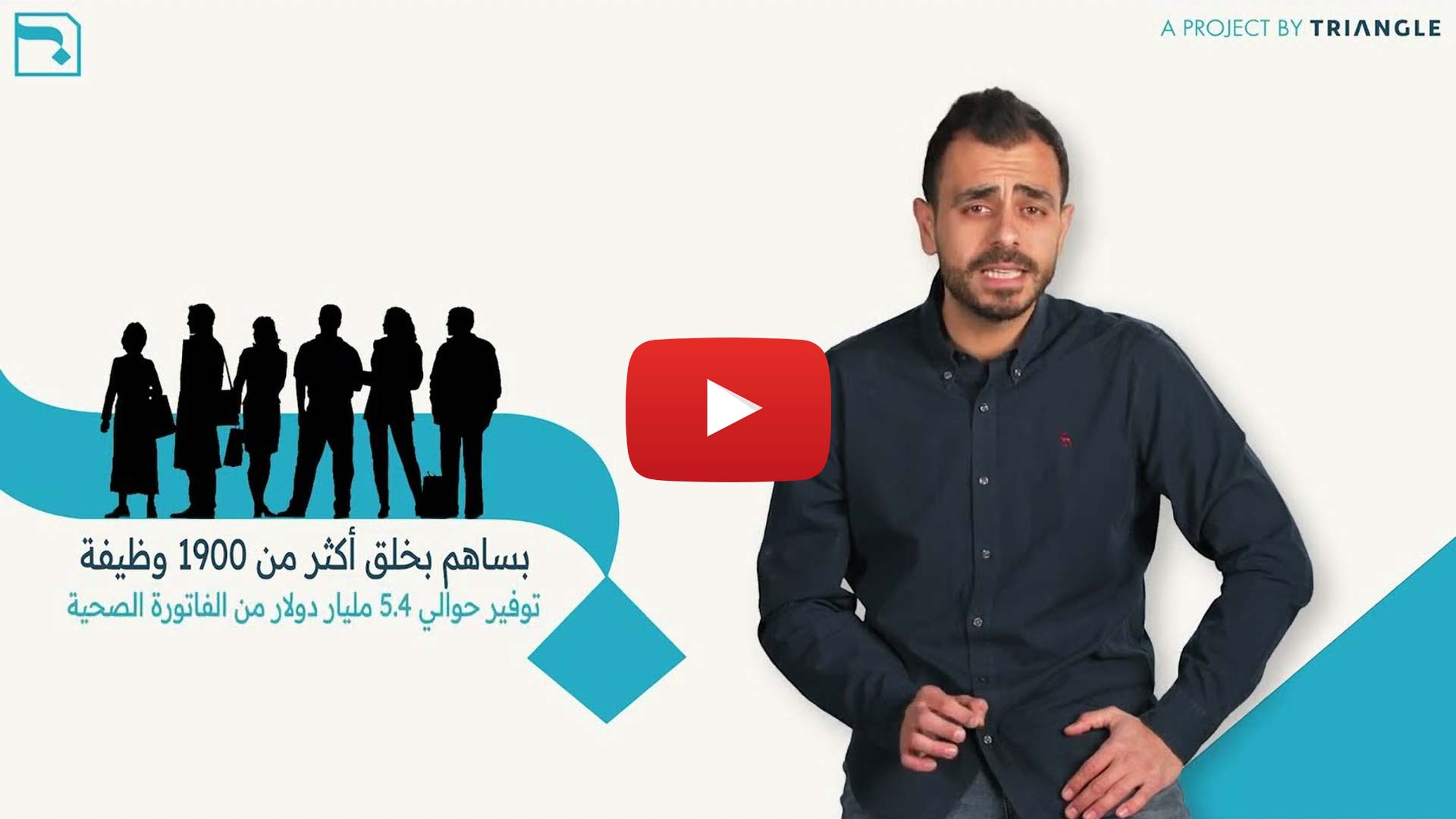
The persistent failure to meet the country’s energy needs exemplifies state corruption and mismanagement

Climate change could ruin Lebanon; adaptation must be central to any recovery plan.
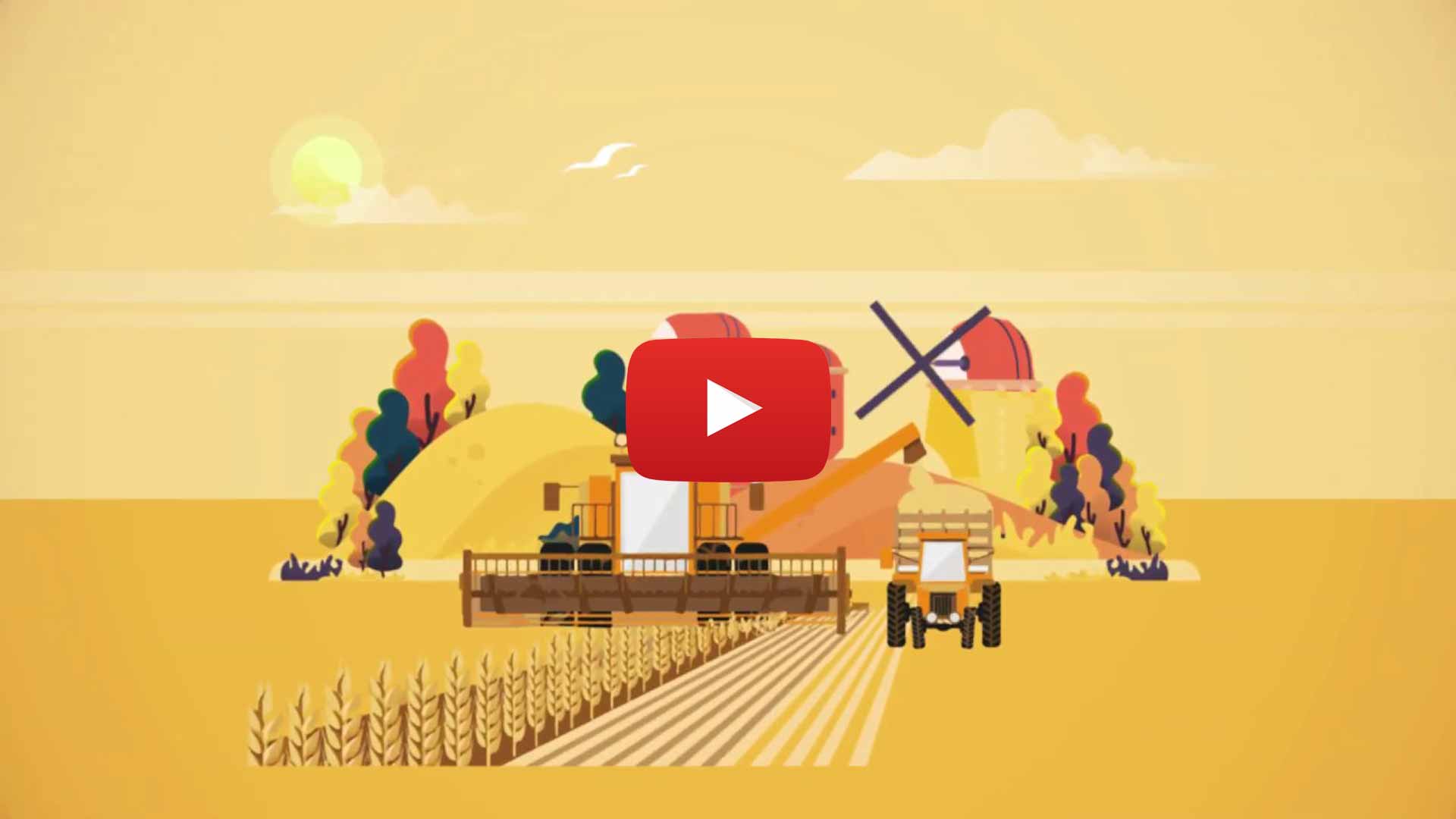
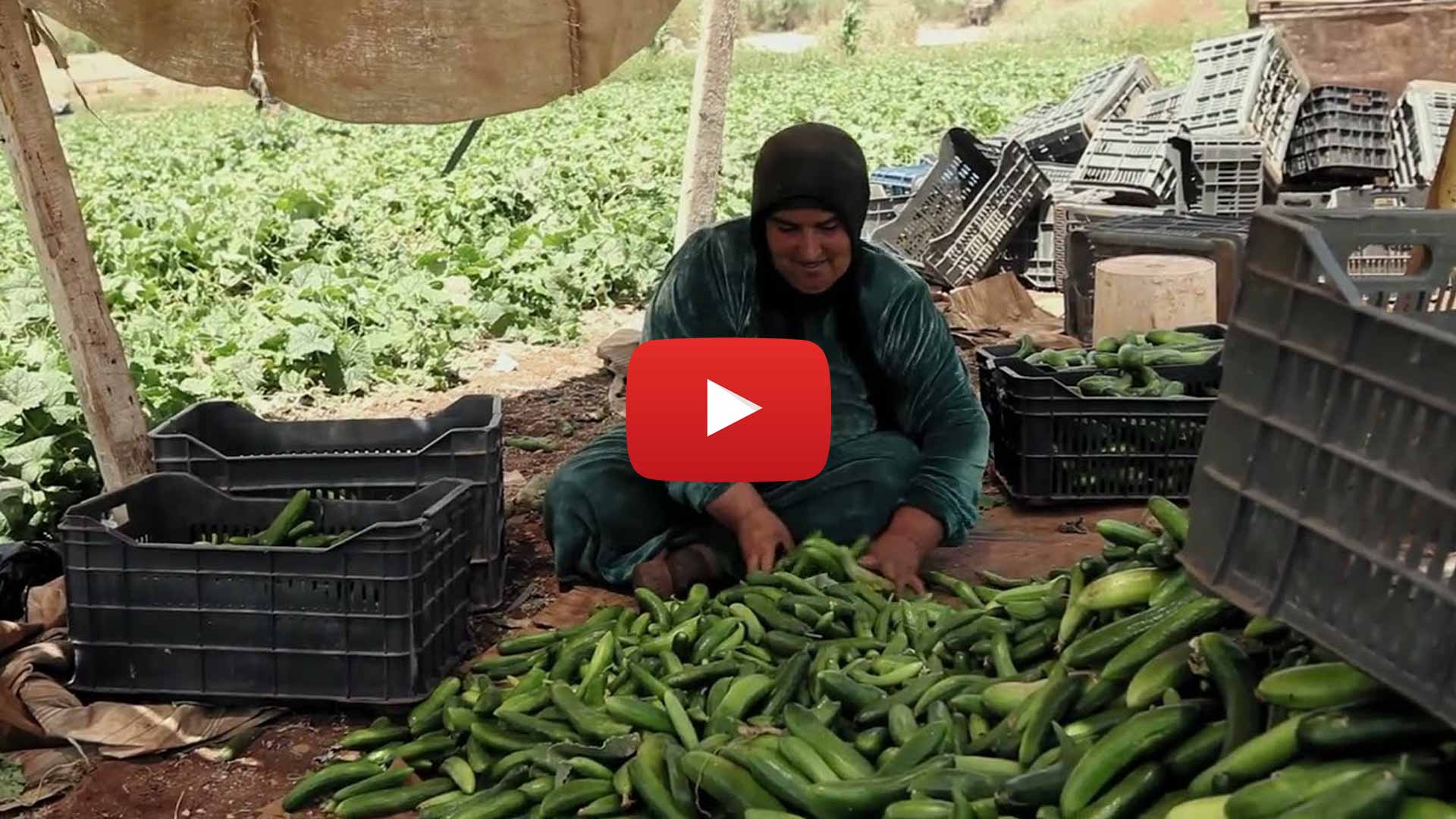

Rapid urbanisation, illegal logging, and wildfires whittling away at country’s wooded areas.

Recent $150 million World Bank loan another step into the debt abyss without long-term food security strategy.
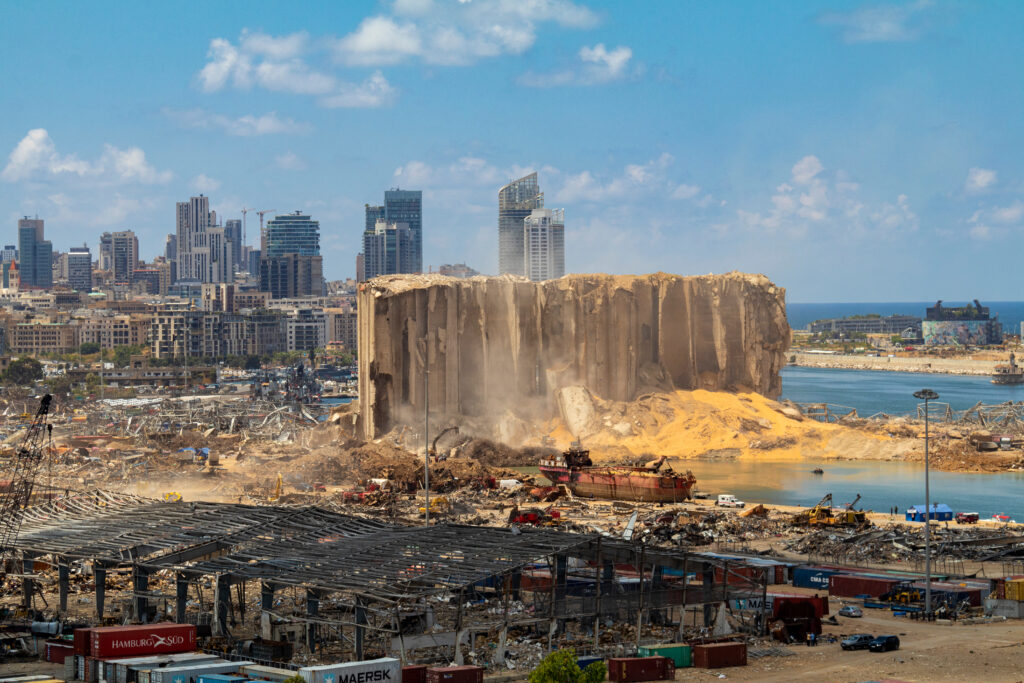
The Ukrainian crisis is merely the latest alarming threat to Lebanese food security in recent years. It follows on the heels of the country’s economic crisis, the COVID-19 pandemic, and the Beirut Port explosion – a series of unambiguous warning shots.

How farms and factories can make or break Lebanon’s future.
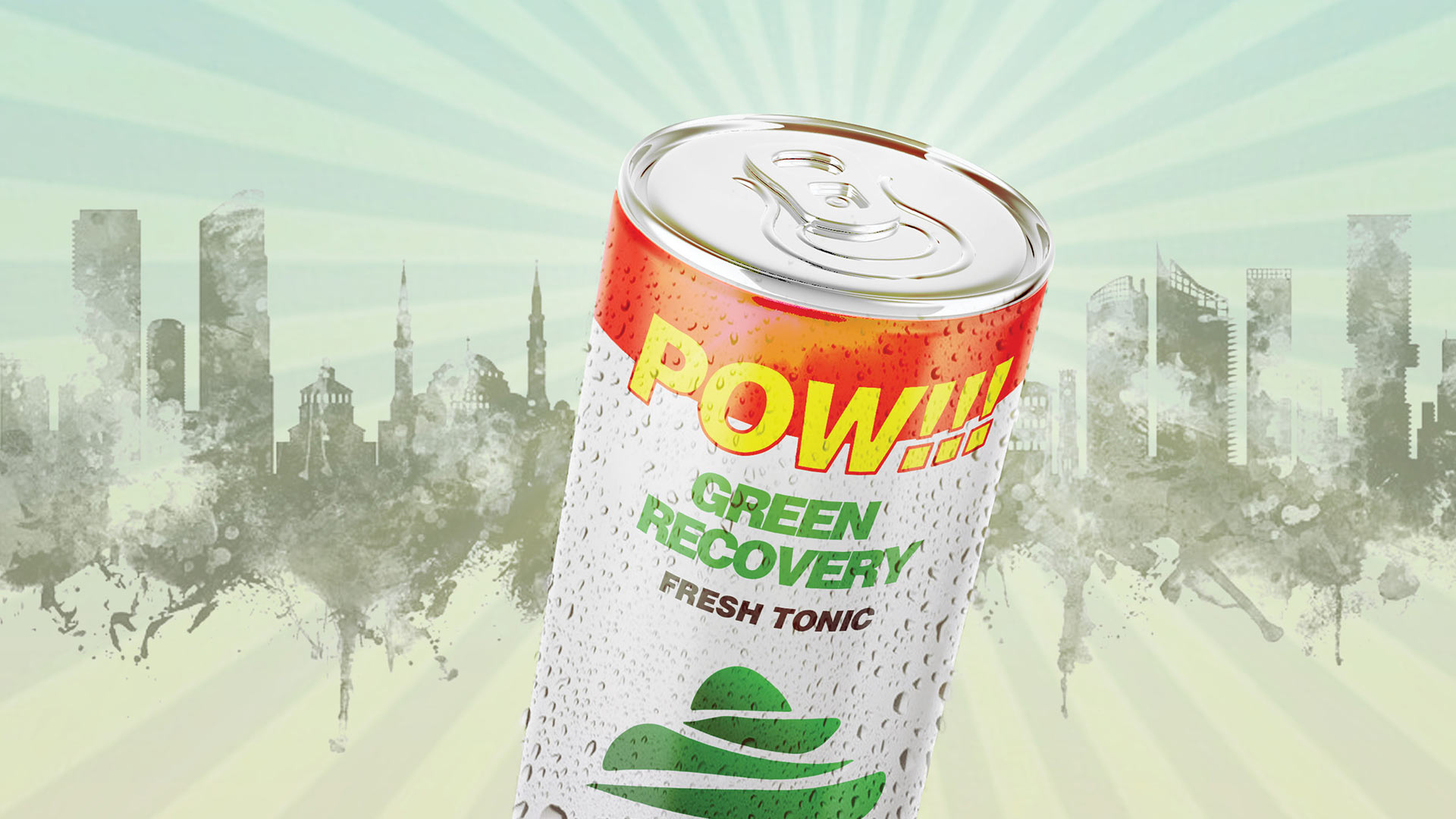
Salvation from accumulated crises can only be through sustainable consumption and production.

Climate change could ruin Lebanon; adaptation must be central to any recovery plan.

Lebanon’s short-sighted economy has chased profits for the few at the expense of the gener- al public, resulting in almost three quarters of wealth being owned by 10 percent of the population.
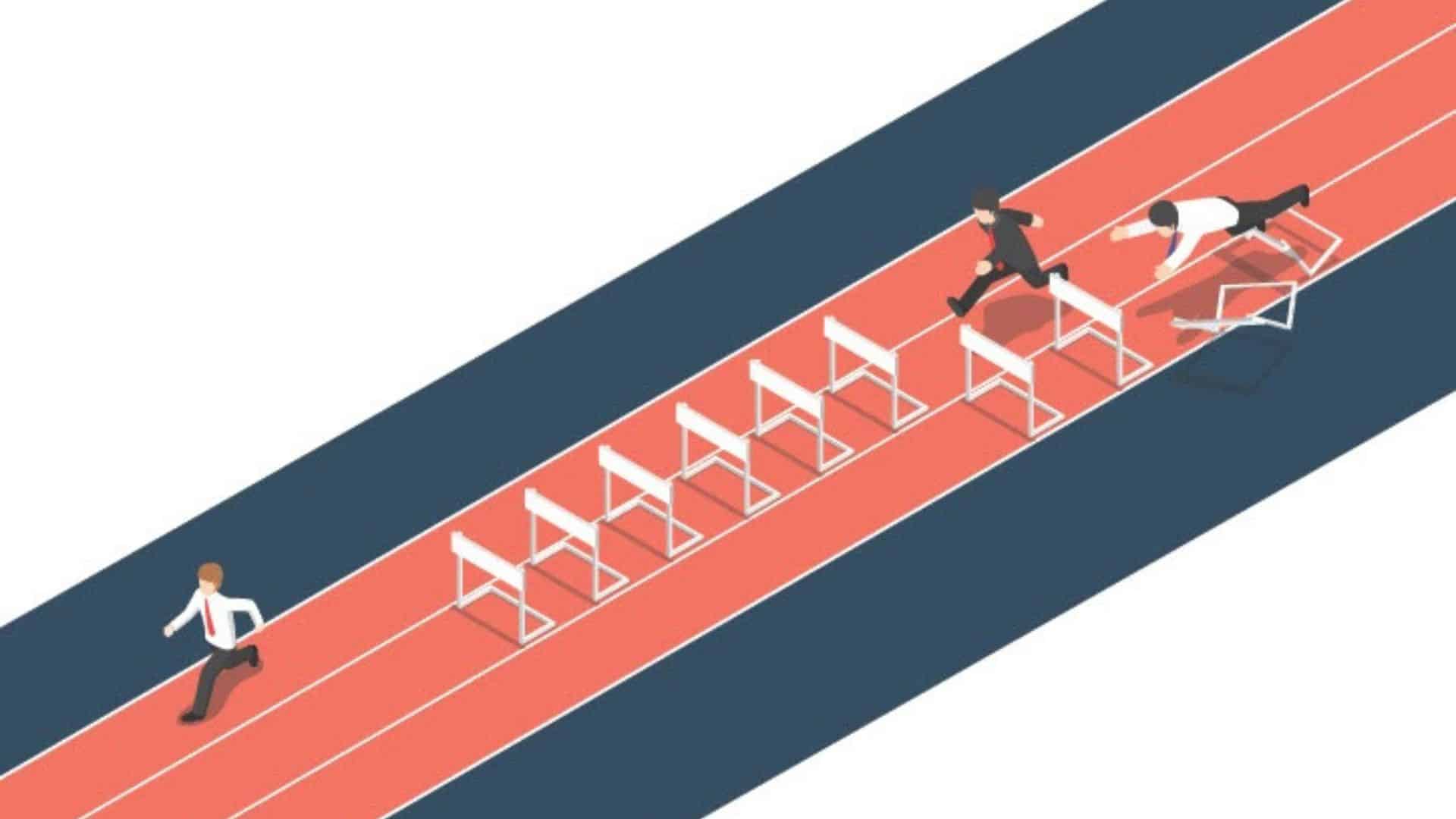
For decades, Lebanon’s economy has overwhelmingly served the interests of certain economic actors, who preside over widespread monopolies and oligopolies.

The fight to prevent hunger amidst pandemic and recession.